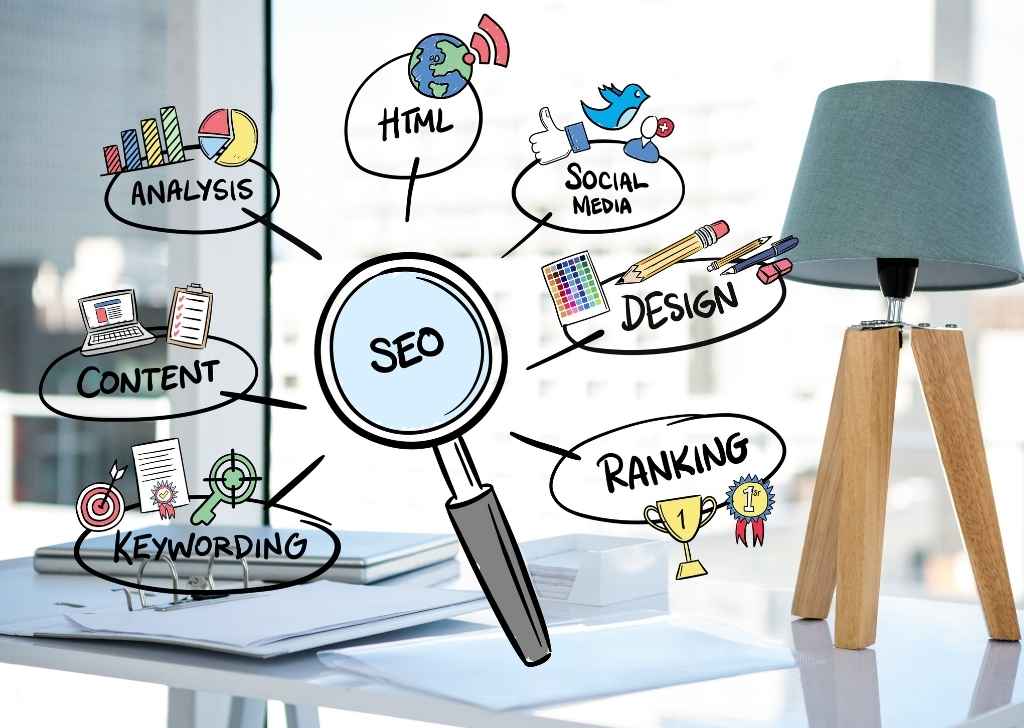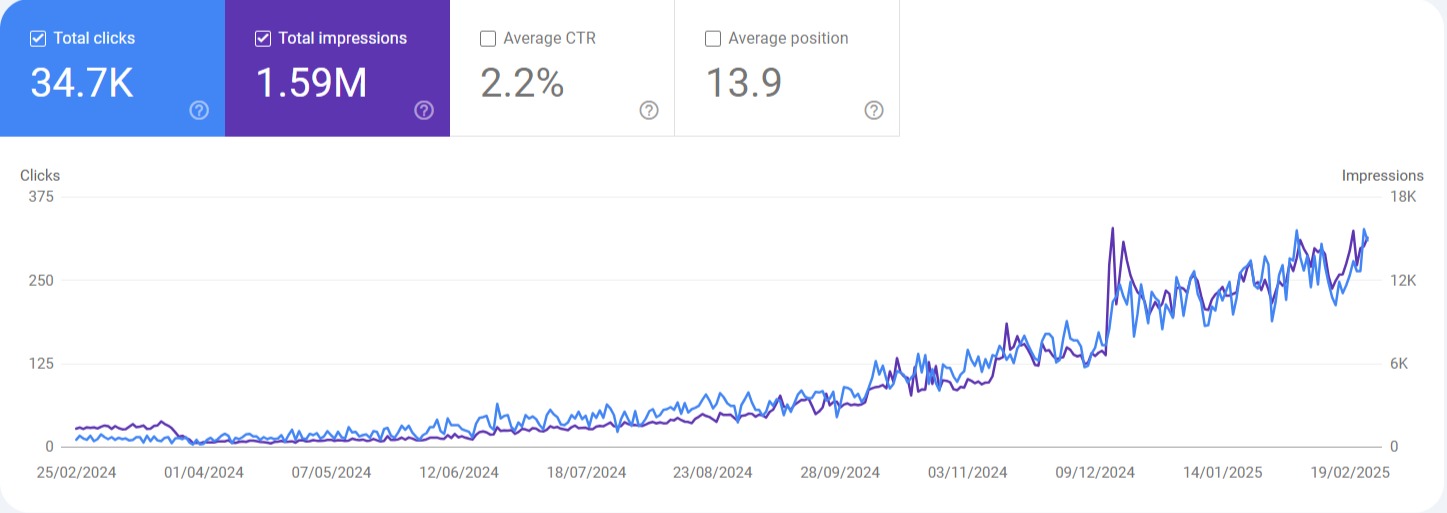If you’re running a business in Malaysia and struggling to show up on Google, you’re not alone. Whether you’re a bakery in Penang or a law firm in KL, chances are your competitors are already investing in SEO services in Malaysia. The good news? You can beat them if you get your on-page SEO right.
Let’s break it all down — what on-page SEO is, why it matters, and how local businesses like yours can start using it today.
What Is On-Page SEO?
On-page SEO refers to everything you can do on your website to help it rank higher in search engines. This includes stuff like:
✅ Writing better content
✅ Structuring your headings correctly
✅ Using relevant keywords
✅ Adding internal links
✅ Optimising your images with alt text
Think of on-page SEO as making your website “Google-friendly”. It tells search engines: “Hey, I’m relevant and useful — show me to people searching for these things.”
Is It Relevant for Malaysian Businesses?
Absolutely.
If you’re running a small or medium business in Malaysia, local SEO — a branch of on-page SEO — is your secret weapon. That’s why many small businesses approach local SEO agencies like Hypercharge to help their business grow using search terms like “dental clinic PJ” or “kedai kek Shah Alam” to drive real, paying customers to your door.
Local SEO isn’t just “nice to have.” For service-based businesses, it’s the difference between getting discovered and getting ignored.

Step-by-Step Guide to On-Page SEO for WordPress
Here’s how to do it, even if you’re not a techie.
Step 1 – Keyword Research
Before writing anything, you need to know what people are searching for. Tools like Ubersuggest or Google Keyword Planner help you find terms related to your niche.
Pro tip: Focus on local keywords like “renovation contractor Johor Bahru” instead of just “renovation contractor”.
Step 2 – Identify Pillar & Cluster Content
A pillar page covers a broad topic, like “SEO for SMEs in Malaysia”. Cluster content supports it — for example, “On-page SEO tips for WordPress”.
This content strategy tells Google your site is an expert in this field, which improves rankings. It also keeps visitors clicking through your site longer — win-win.
Step 3 – Write Your Meta Title & Description
These are the blue link and text you see on Google search results.
Make your title catchy but relevant. Keep it under 60 characters. The description? Make it compelling and under 160 characters.
Example:
Title: Affordable SEO Services for Small Businesses in Malaysia
Description: Learn how to rank your website and grow your business with proven SEO strategies made for Malaysian SMEs.
Step 4 – Use the Correct Heading Structure
Always use <h1> for the page title, <h2> for section headings, and so on. Google uses this structure to understand your content.
For example:
- H1: On-Page SEO for WordPress
- H2: What Is On-Page SEO?
- H3: Benefits of On-Page SEO
Step 5 – Writing With ChatGPT
Tools like ChatGPT make writing easier — but don’t just copy-paste.
Use it for drafting ideas, generating outlines, or improving readability. Then localise it. Add local slang, location references, and real examples relevant to Malaysia.
Example: “Use this tool for your kedai runcit’s website” — this helps connect with your audience better.
Step 6 – Internal Linking
Link relevant blog posts or pages to each other.
This helps Google crawl your site, keeps users engaged longer, and improves topic authority.
You’ll notice we linked to our SEO services page earlier — that’s what we mean.
Step 7 – Add Alt Text to Images
Alt text describes your images for both accessibility and SEO. It should briefly explain what’s in the image, using relevant keywords if possible.

Common Traps in On-Page SEO
Let’s address a few mistakes that even some SEO agencies make.
1. General Content with AI
AI tools can help you scale content — but generic articles won’t rank. Google looks for unique, insightful content. Your content should answer real questions your customers ask.
2. No Specific Audience
If you’re trying to speak to “everyone,” you’ll attract no one.
Create content for your actual audience — if you run a clinic in Puchong, speak directly to residents in Puchong. Use Bahasa or Mandarin if that fits your target.
3. Targeting Keywords That Are Too Broad
Don’t waste time competing with big brands for terms like “shoes”. Try “men’s leather shoes Bangsar” instead. Less traffic, but way higher intent.
4. Not Considering Search Intent
Are people looking to buy, learn, or compare? Your content should match what users want at that stage.
If they search “best plumber near me”, they want to hire someone — not read a blog post on plumbing history.

Is SEO Still Relevant in Today’s AI Era?
Yes — more than ever.
1. SEO Is the Backbone for LLMs
Tools like ChatGPT and Google SGE are trained on websites. If your content is structured and optimised, it’s more likely to be referenced and surfaced.
2. SEO Content Is More Important Than Ever
With AI generating summaries on search results, your content needs to be clear, helpful, and stand out. That means more focus on E-E-A-T — Expertise, Experience, Authoritativeness, Trustworthiness.
Check out Google Search Central for their updated SEO guidelines.
Let Hypercharge Help You Get It Right
Doing SEO for your WordPress site doesn’t have to be a headache.
At Hypercharge, a trusted digital marketing agency Kuala Lumpur, we specialise in helping Malaysian businesses get discovered, generate leads, and grow consistently — without burning your ad budget.







